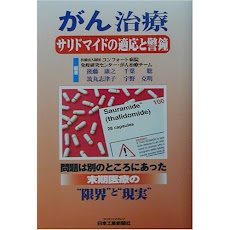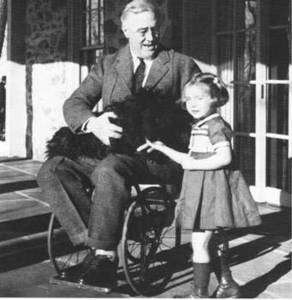skip to main |
skip to sidebar
Triptolide, a
diterpenoid triepoxide (MW: 360) from the traditional Chinese medicinal herb
Tripterygium wilfordii (lei gong teng
:雷公藤) is a
potential treatment for autoimmune and inflammatory diseases as well an
anti-cancer and AD (Alzheimer’s disease) /PD (Parkinson’s disease) agent. It inhibits
the growth of PAK1-dependent cancers such as pancreatic and colorectal cancer cells in vitro and in vivo.
In 2009, a Chinese group led by Qibing Mei at Xijing Hospital found (1) that
Triptolide (0.3 mg/kg) decreased the incidence of
tumors in nude mice inoculated with human colon cancer
cell lines. Triptolide inhibited the
proliferation, migration and colony formation of colon
cancer cells (with the IC50 at around 30 nM). Triptolide blocks
the activation of RAC, an activator of
PAK1, and eventually down-regulates cyclin
D1 and CDK4 expression, leading to G1 arrest. Thus, like CAPE, Triptolide clearly
inactivates PAK1. However, Triptolide causes a well-known side effect which
reduces the sperm count in males. Thus, this herb extract is used as a male contraceptive
as well.
However, Triptolide is poorly soluble in water, limiting its clinical
use. In 2012, Ashok Saluja’s group at University of Minnesota chemically synthesized
its water-soluble analog (prodrug) called ”Minnelide” (2). The efficacy of Minnelide
was tested both in vitro and in vivo models of pancreatic
cancer, including an orthotopic model of pancreatic cancer
using human pancreatic cancer cell lines in
athymic nude mice. Minnelide was highly effective
in reducing pancreatic tumor growth and spread,
and improving survival.
Reference:
- Wang Z, Jin H, Xu R, Mei Q, Fan D.
Triptolide downregulates Rac1 and the JAK/STAT3 pathway and inhibits
colitis-related colon cancer progression. Exp
Mol Med. 2009; 41:717-27.
- R. Chugh, V. Sangwan, S. P.
Patil, V. Dudeja, R. K. Dawra, S. Banerjee, R. J. Schumacher, B. R.
Blazar, G. I. Georg, S. M. Vickers, A. K. Saluja, A Preclinical Evaluation of
Minnelide as a Therapeutic Agent Against Pancreatic Cancer. Sci. Transl. Med. 4, 156ra139 (2012).










































































![リオ五輪男子体操団体:日本(金)、ロシア[銀]、中国[銅]。](https://blogger.googleusercontent.com/img/b/R29vZ2xl/AVvXsEjHS61FORcH43CteZVfJzLmbqvNwOIliOSMpTpRtEi7x8j1ZwPk5rDaZovTrwuZxfDDtdEDSj673it735LF0mweIunaj7ja07lURBDYTV6wPMaAlumFt3aWWzYbHZgIaxcOLk_OKEMyQ3lX/s1600/2016+taiso+gold.jpg)
![皇太子(明仁)による沖縄訪問 [1975年]](https://blogger.googleusercontent.com/img/b/R29vZ2xl/AVvXsEjvSQrzV7yw_4gVQSwxZP_jh4VnEJscSqOqbiBh0VdAK3CRddXRqkd70JdLyws9fGejk-FGVmXWbHvSxlF3f8UogTyf9KXbqU1NGXesvcx2Hlsd6uq81AHweeioc61wynq3d2IYuyolijgT/s1600/akihito+message.jpg)




















































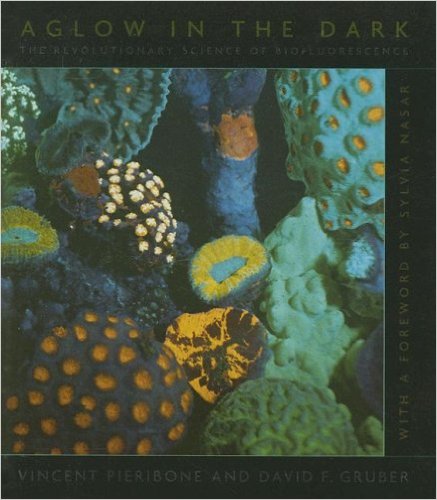














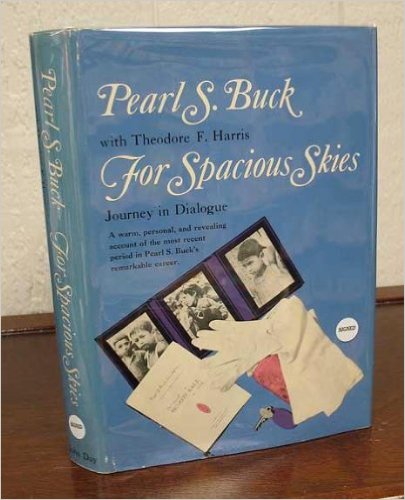





































































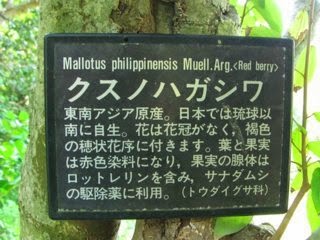








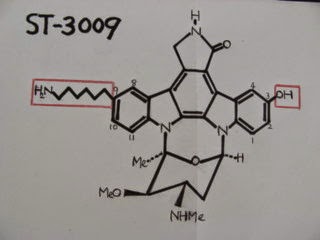







































![アルニカ [ウサギ菊]](https://blogger.googleusercontent.com/img/b/R29vZ2xl/AVvXsEilqv0qou-4NpoUh1PFWYK0FSaozKazee0VYGxsFtfjBma46ya9yxqB6X9Ziuob25tNRpBbnFIcUFlOEjz1WcAjVNzjGl1E-QbDgE7VOLkjZDx0eplJ1WJHf0fTEWXxf8F5G-cHUhqHELY9/s1600/ArnicaS.jpg)








































































































































.jpg)
















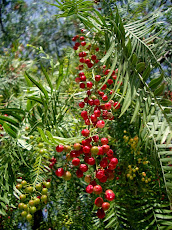















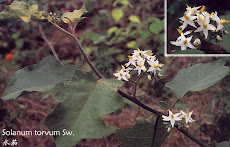







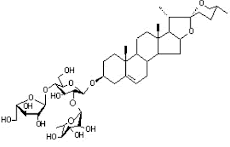
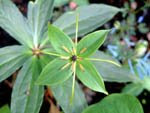














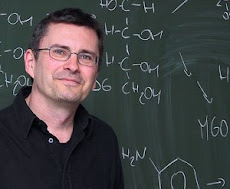


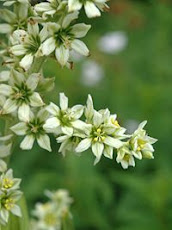





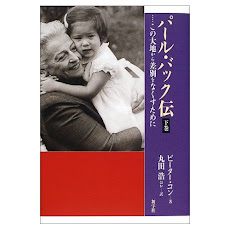






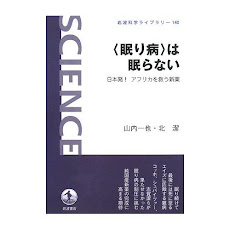












.jpg)





